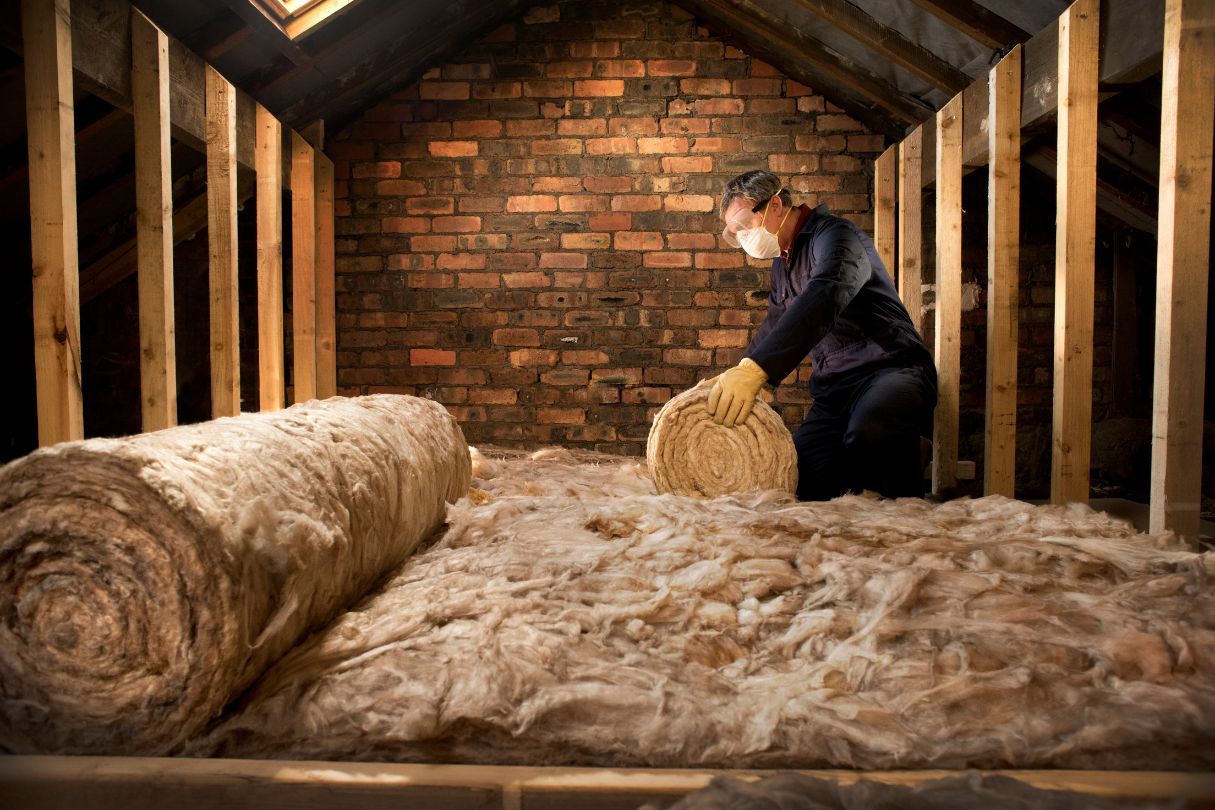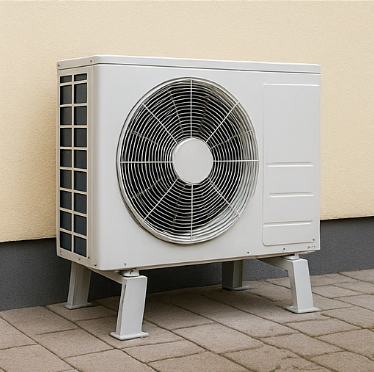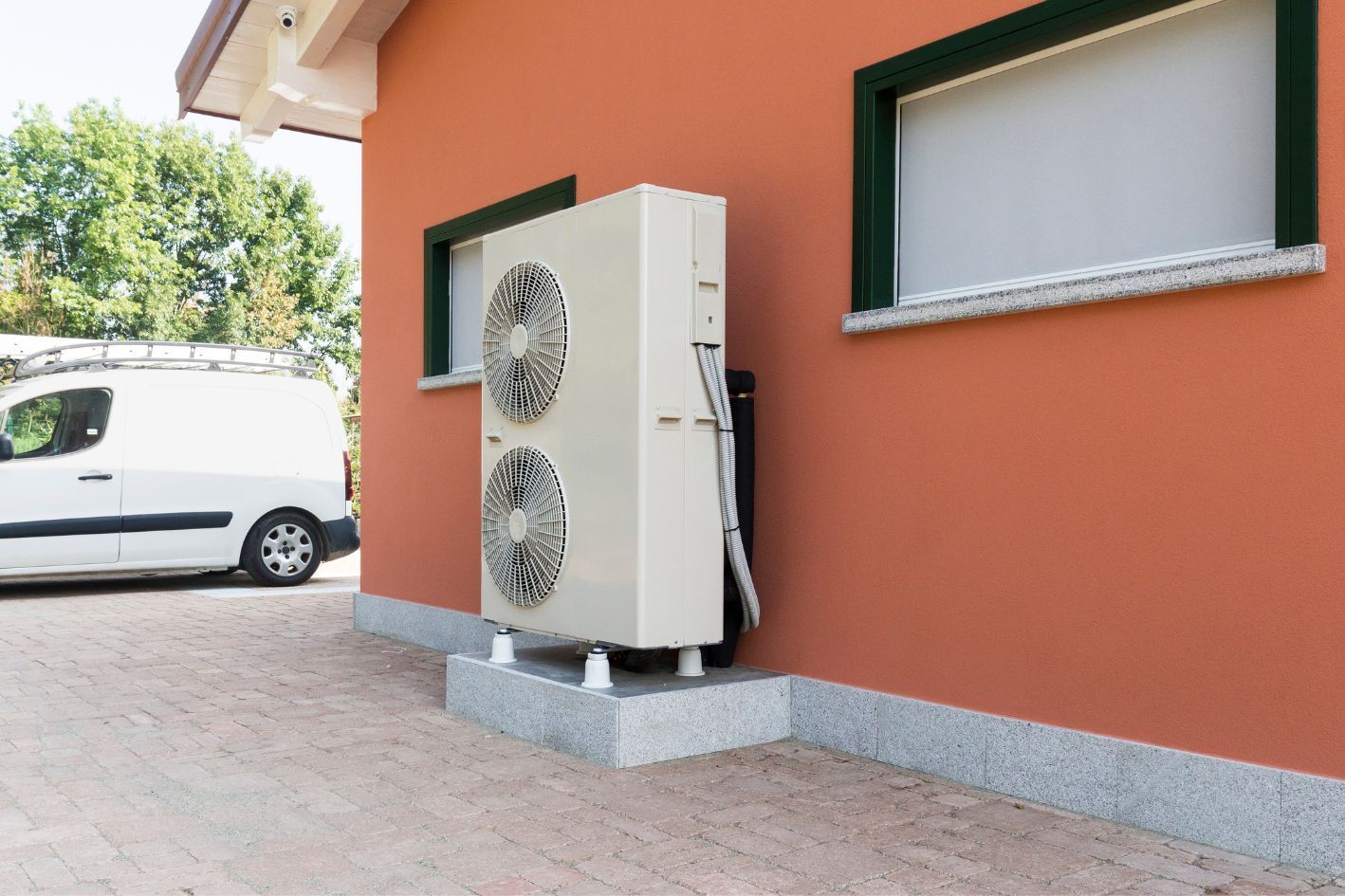The Importance Of Proper Insulation In Maximising Your Heat Pump Efficiency

The use of air source heat pumps is becoming increasingly popular amongst homeowners as a means of heating and cooling your property, when using a heat pump, proper insulation cannot be stressed enough. Proper insulation is essential for maximising the effectiveness of your air source heat pump, keeping your house comfortable and energy expenses low. This blog post will allow us to explore how sufficient insulation affects the performance of your air source heat pump and what steps you can take to ensure your home is well-insulated.
The Role Of Insulation
The
role of insulation is the
prevention of heat
transfer and maintaining a
steady temperature within your home, regardless of exterior conditions. Proper insulation is required with air source heat pumps to avoid heat loss in the winter and gain in the summer. Air source heat pumps will still work even if your home does not have
sufficient
insulation, however it may
cost you a lot
more money and will become
less energy
efficient due to your heat pump having to work harder to keep up with the heat loss or gain.
Maximising Efficiency With Proper Installation
Proper insulation improves both home comfort and heat pump efficiency. Insulation
reduces
heat
loss during the winter and
heat
gain during the summer through walls, floors, and ceilings, allowing your heat pump to run more
efficiently. Proper insulation means that your heat pump will use
less energy, resulting in
cheaper bills and a more
eco-friendly appliance.
Key Areas For Insulation
To maximise the performance of your air source heat pump, ensure sufficient insulation in
essential sections of the home. Begin by insulating your
walls,
attic, and
floors to reduce heat loss and ensure a
consistent
temperature throughout your home. To enhance insulation and
reduce energy waste, focus on locations with air
leaks, such as windows, doors, and ducts, and seal them with weather-stripping or caulking.
Benefits Of Proper Insulation
Proper insulation
improves the
performance of air source heat pumps and provides numerous
benefits for homes. Insulation reduces
energy
consumption, which helps to
minimise electricity
bills and save money over time. Furthermore, a well-insulated home is more
comfortable, with fewer drafts and temperature swings, resulting in a
healthier and more enjoyable living environment for you and your family.
There are many benefits to investing in proper insulation for your home, such as maximising the effectiveness of your heat pump and maintaining a comfortable, energy efficient home. Maximising efficiency, isolating crucial areas and reaping the benefits of proper insulation will help build a more sustainable and cost-effective environment.











